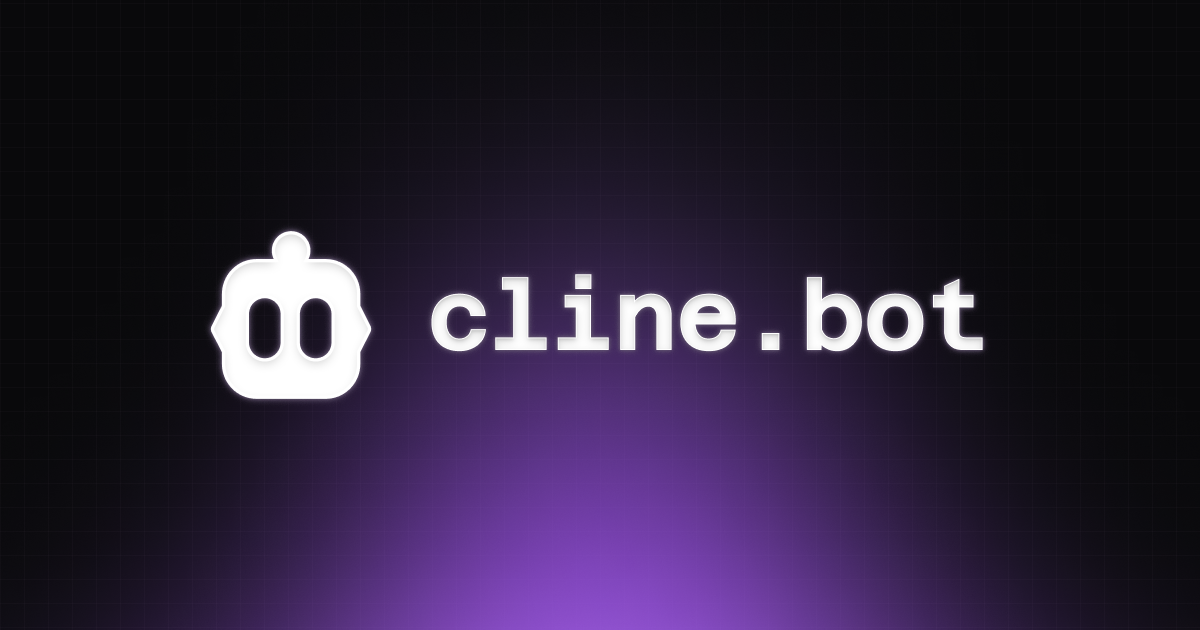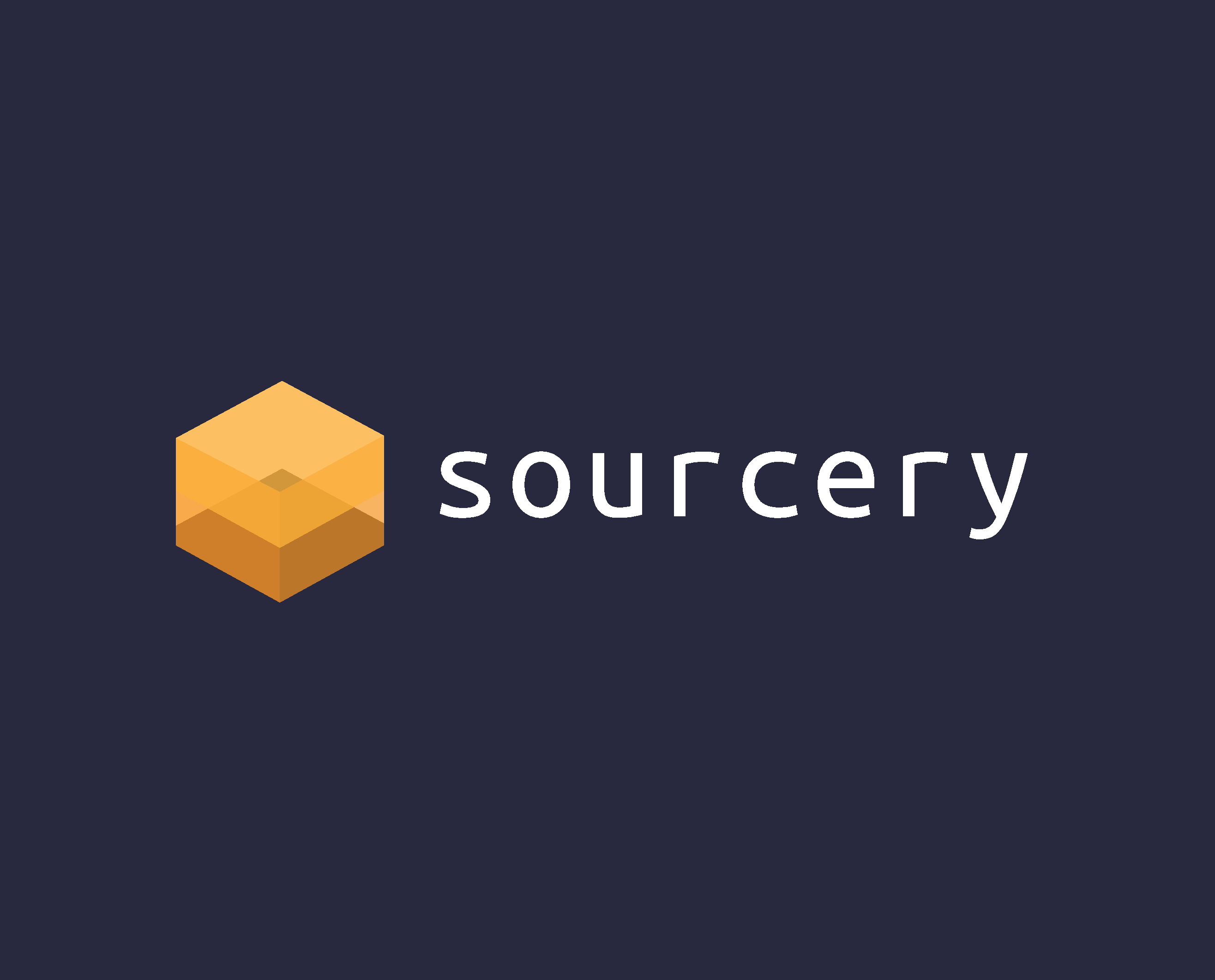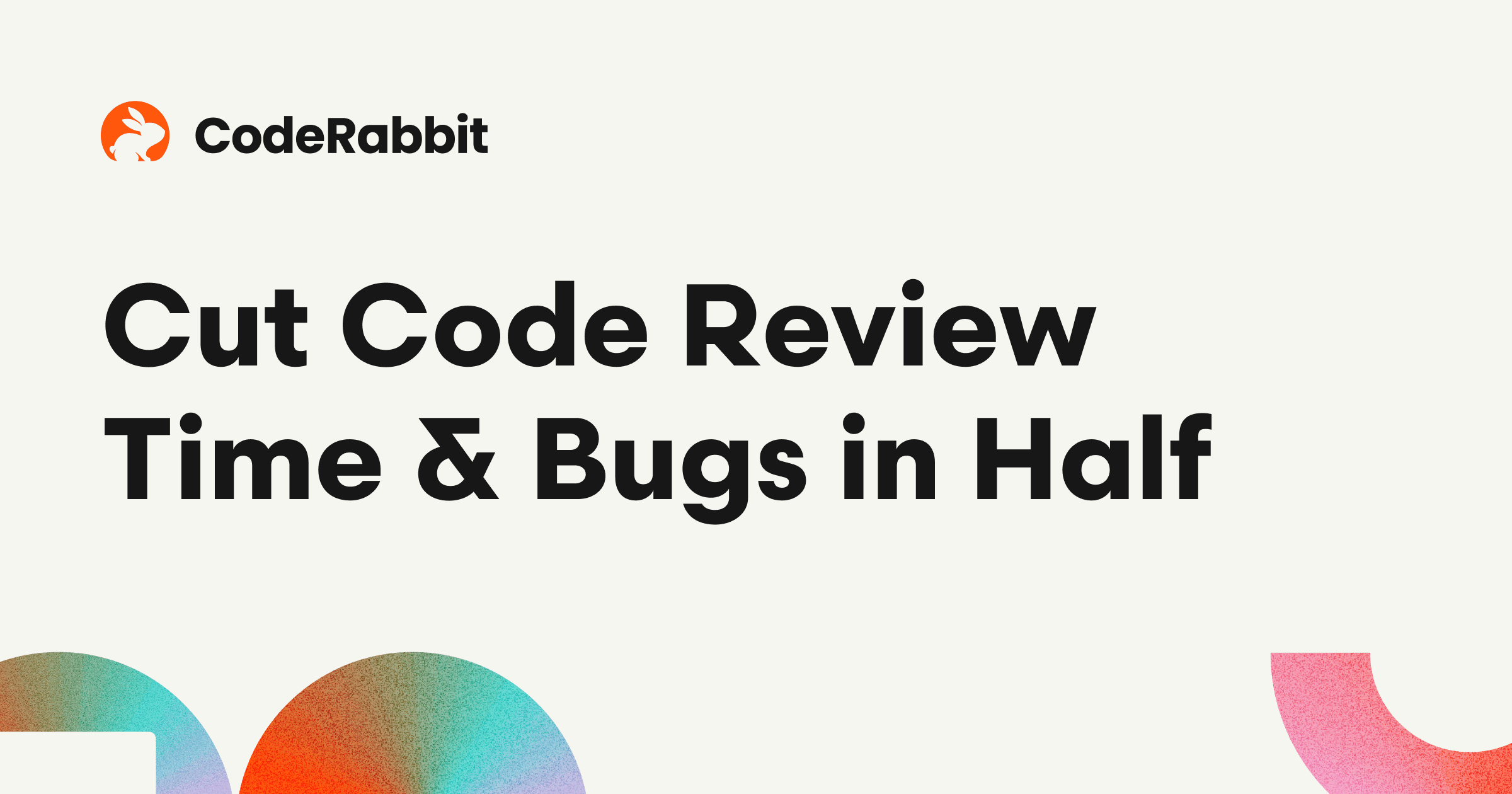
Cline
Open-source AI coding agent that gives you direct access to frontier models with complete transparency.

Cline - Claude code alternative
Cline is an autonomous coding agent that operates directly within your IDE, capable of creating and editing files, executing commands, using the browser, and more with your permission every step of the way. It features dual Plan/Act modes, allowing developers to strategize and execute coding actions efficiently. Solo developers prefer it for its open-source nature, zero vendor lock-in, and transparent token-based pricing model.
Strengths
- Complete transparency with zero vendor lock-in and open-source architecture
- Supports multiple API providers including OpenRouter, Anthropic, OpenAI, Google Gemini, AWS Bedrock, Azure, GCP Vertex, Cerebras and Groq
- Works with local models through LM Studio/Ollama for privacy-focused development
- Model Context Protocol (MCP) integration extends capabilities beyond basic coding
- Real-time token tracking and API usage cost monitoring keeps you informed of spend
- Dual Plan/Act modes enable strategic planning before code execution
Weaknesses
- Token-based pricing can become expensive for heavy usage compared to subscription models
- Currently limited to Visual Studio Code integration only
- Requires manual API key configuration and provider setup
- Learning curve for understanding Plan/Act workflow modes
Best for
Solo developers and small teams who prioritize transparency, model flexibility, and want to avoid vendor lock-in.
Pricing plans
- Free Extension — $0/month — Extension itself is free, pay only for API usage
- API Costs — Variable — Anthropic offers $5 initial credits, OpenAI and other providers charge per token
Tech details
- Type: VS Code extension
- IDEs: Visual Studio Code
- Key features: Plan/Act modes, file creation/editing, terminal commands, browser integration, MCP support
- Privacy / hosting: Self-hosted option available through local models (LM Studio/Ollama), cloud API providers optional
- Models / context window: Support for Claude, GPT, Gemini, and other frontier models, context window varies by chosen model
When to choose this over Claude code
- You want complete transparency and zero vendor lock-in with open-source architecture
- You need flexibility to switch between multiple AI providers (OpenRouter, Anthropic, OpenAI, etc.)
- You prefer local model deployment for privacy-sensitive projects
When Claude code may be a better fit
- You prefer integrated subscription pricing over token-based costs
- You need multi-IDE support beyond Visual Studio Code
- You want a more streamlined setup without API configuration
Conclusion
Cline stands out as an open-source Claude code alternative that prioritizes transparency and developer freedom. Its token-based pricing model and multi-provider support make it ideal for developers who want control over their AI coding environment. The dual Plan/Act modes and MCP integration provide sophisticated workflow capabilities for complex development tasks.
Sources
- Official site: https://cline.bot/
- Docs: https://docs.cline.bot/
- Pricing: Variable API costs
FAQ
What makes Cline different from other AI coding assistants?
Cline is completely open-source with zero vendor lock-in, offering direct access to frontier models with complete transparency. Unlike subscription-based alternatives, you pay only for actual API usage.
Can I use Cline with local AI models?
Yes, Cline supports local models through LM Studio/Ollama integration, allowing you to run AI coding assistance entirely on your own hardware for privacy and cost control.
How much does it cost to use Cline?
The extension itself is free, and you pay only for API usage from providers like Anthropic (starting with $5 credits) or OpenAI. Cline tracks total tokens and API costs in real-time.
What IDEs does Cline support?
Currently, Cline is available exclusively as a Visual Studio Code extension. Support for other IDEs has not been announced.
What are Plan and Act modes in Cline?
Plan mode allows developers to strategize coding actions, while Act mode executes those plans efficiently. This dual approach helps maintain project context and enables more thoughtful development workflows.
Can I switch between different AI providers with Cline?
Yes, Cline supports multiple API providers including OpenRouter, Anthropic, OpenAI, Google Gemini, AWS Bedrock, Azure, GCP Vertex, Cerebras and Groq, plus any OpenAI-compatible API.






